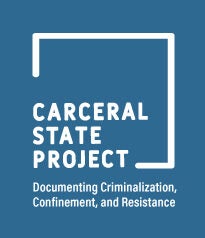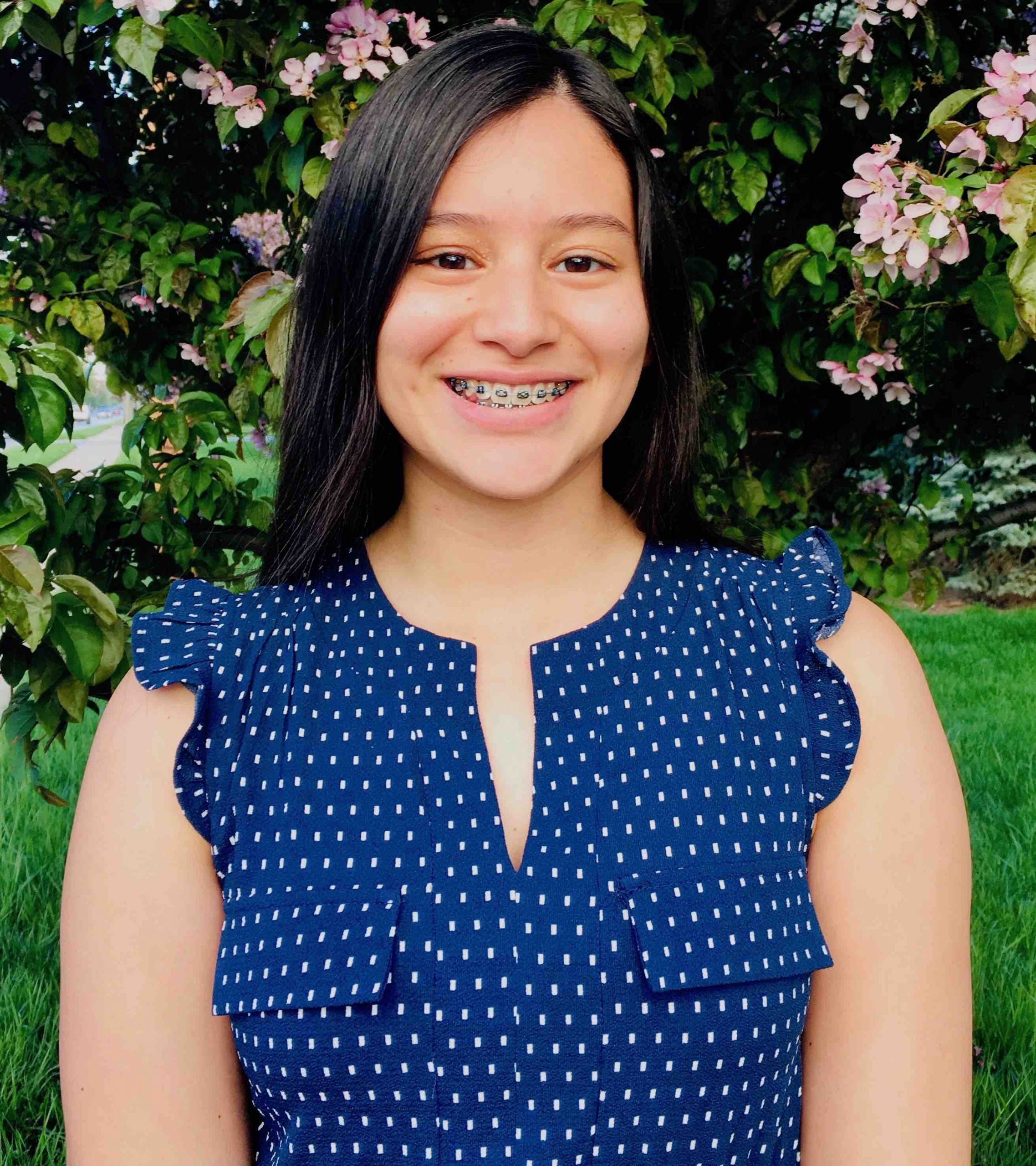Aissa Cabrales, an undergraduate researcher on the ICE in the Heartland team, has published a powerful editorial on the Latino Rebels website:
As the Daughter of an ICE Detainee, Here’s What I Learned From a Deep Dive Into Immigration Raids
By Aissa Cabrales
Since the beginning of the Trump administration, worksite immigration raids have become a hyper-militarized immigration enforcement tactic that disproportionately affects the Latinx community. My lab, ICE in the Heartland,focuses on the six immigration raids that occurred in O’Neill, Nebraska; Mount Pleasant, Iowa; Salem, Ohio; Sandusky, Ohio; Sumner, Texas; and Bean Station, Tennessee.
Although I did not experience these six raids myself, I am writing from the perspective of not only a student researcher, but as a daughter with a parent at an ICE facility amidst a global pandemic.
I have spent the past year involved at the research lab in three different ways. First, I transcribed interviews conducted with community members who responded to large-scale immigration work raids. These community members include community organizers, religious groups, volunteers, and people directly involved in the raids. Second, I created a Spanish digital archive pertaining to the raids that occurred throughout the Midwest. Third, I visited two of the raid sites in Ohio to understand the culture of the areas and conduct my own interviews with community members. From these three experiences, I have drawn several conclusions about the lasting effects of these raids. Not only does it affect the individuals who experienced the raid, it also affects their family, friends, and the community as a whole.
After years have passed, it is easy to forget the horrors and dehumanization of immigration raids when they exit the media spotlight. However, for those directly impacted, the effects are still felt today.
Read the rest of the article here.


